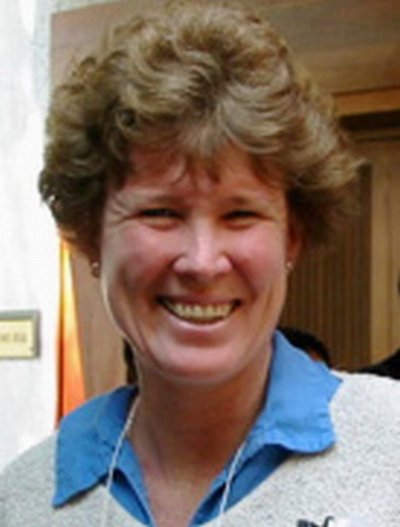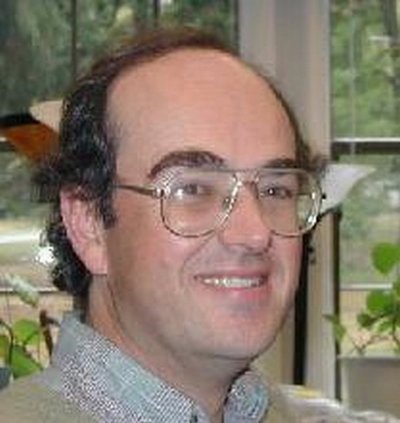April 30, 2009
Harwood, Raftery elected to the National Academy of Sciences
Two UW professors are among 72 new members and 18 foreign associates from 15 countries who have been elected to the National Academy of Sciences in recognition of their distinguished and continuing achievements in original research.
The election, held Tuesday at the 146th annual meeting of the academy, brings the total number of active members to 2,150 and the number of foreign associates to 404. Foreign associates are nonvoting members of the academy, with citizenship outside the United States.
Caroline Harwood, UW professor of microbiology and holder of the Gerald and Lyn Grinstein Endowed Professorship in Microbiology in the School of Medicine, does research on the anaerobic degradation of aromatic compounds, biological hydrogen production, chemotaxis and biofilm formation in pathogens.
She received her doctoral degree in microbiology at the University of Massachusetts and completed postdoctoral work at Yale University. She held academic appointments at Cornell University and the University of Iowa before joining to the UW faculty in 2005. She was among 486 scientists elected to be a fellow of the American Association for the Advancement of Science in 2008.
Adrian Raftery is the Blumstein Jordan professor of statistics and sociology and director of the Center for Statistics in the Social Sciences. He was born in Ireland and obtained a B.A. in mathematics (1976) and an M.Sc. in statistics and operations research (1977) at Trinity College Dublin. He obtained a doctorate in mathematical statistics in 1980 from the Universite Pierre et Marie Curie in Paris.
Raftery is a former coordinating editor and applications and case studies editor of the Journal of the American Statistical Association and a former Editor of Sociological Methodology. He works on the development of new statistical methods for the social, environmental and health sciences.
The National Academy of Sciences is a private organization of scientists and engineers dedicated to the furtherance of science and its use for the general welfare. It was established in 1863 by a congressional act of incorporation signed by Abraham Lincoln that calls on the Academy to act as an official adviser to the federal government, upon request, in any matter of science or technology.
Additional information about the National Academy of Sciences is available online at http://www.nasonline.org.




